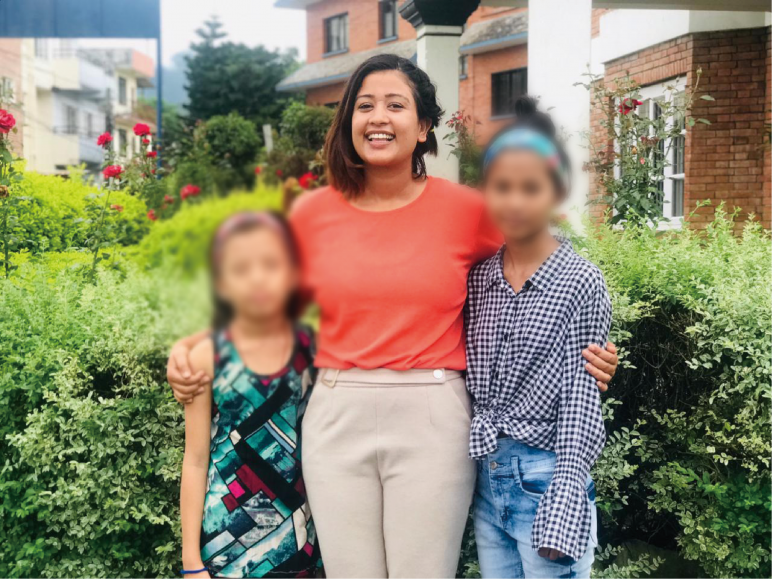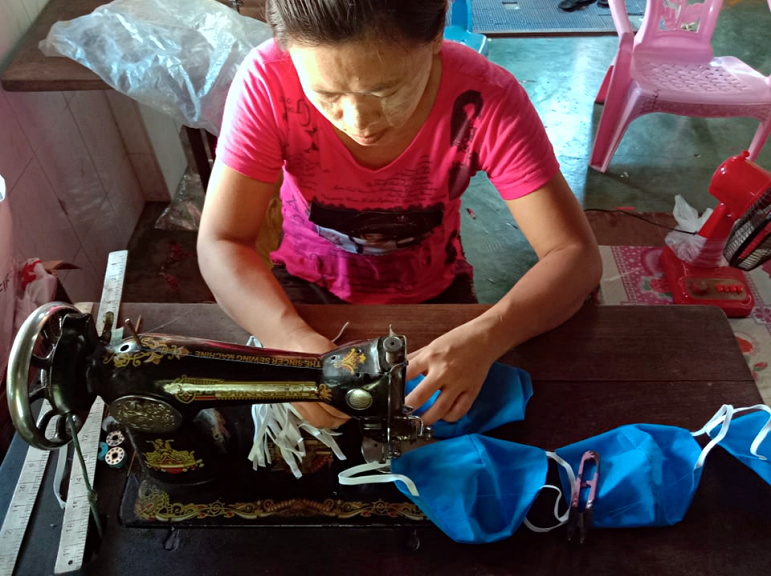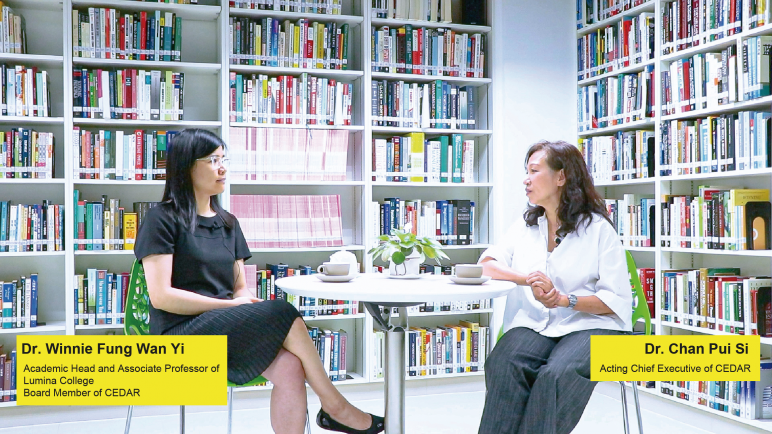[“SHARE” JUL – SEP 2019 ] LEARN A LITTLE MORE
Written by: Edward Lai
The pandemic makes us realise the importance of having a sound medical system, which does not only require sufficient medical personnel, but also a stable supply of medicine.
Lebanon has been identified as a priority country in the United Nations’ COVID-19 Global�Humanitarian Response Plan.
As the country that has the highest per capita proportion of refugees in the world, Lebanon has taken in 1.5 million Syrian and 200,000 Palestinian refugees, who currently make up more than 30% of the country population. The exponential growth of refugees in Lebanon has put the already fragile medical system under pressure. The outbreak of COVID-19 further places enormous burden on its medical services, brining them to the verge of collapse.
Continue reading An Overloaded Clinic in Lebanon








